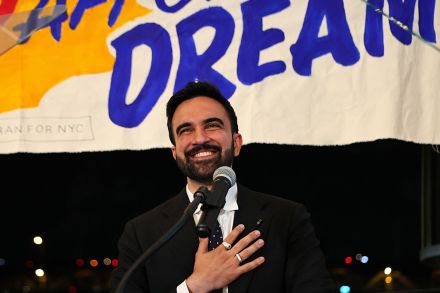Who won the 12-day war?
As the dust settles from the United States and Israel’s sweeping strikes on the Islamic Republic regime’s nuclear infrastructure, a new battle has begun – one of narratives. Who really won? What damage was truly done? And what, precisely, has changed? The regime in Tehran claims resilience. Israel says deterrence has been re-established. Washington insists it achieved total destruction and victory. But beneath the declarations is the harder reality: wars don’t end with scoreboards, but with contested facts and uncertain consequences. Caution is warranted. The regime survives. Its ideology remains intact. Its opacity has deepened. What has been destroyed may eventually be rebuilt What is clear is that the campaign against Iran was





















